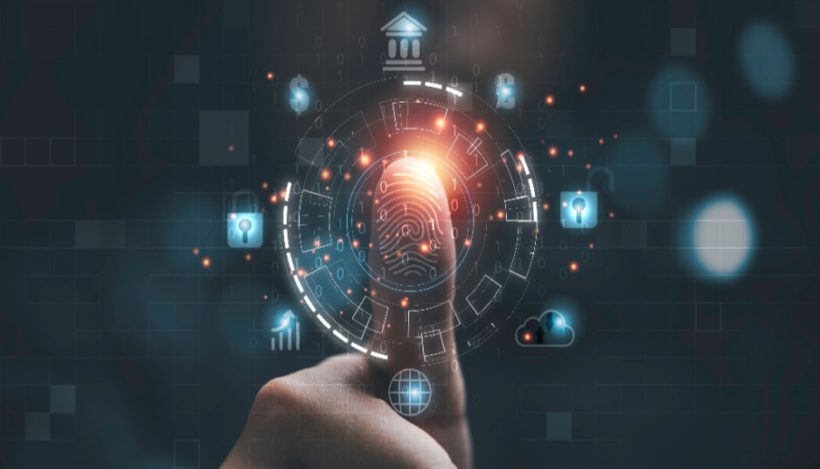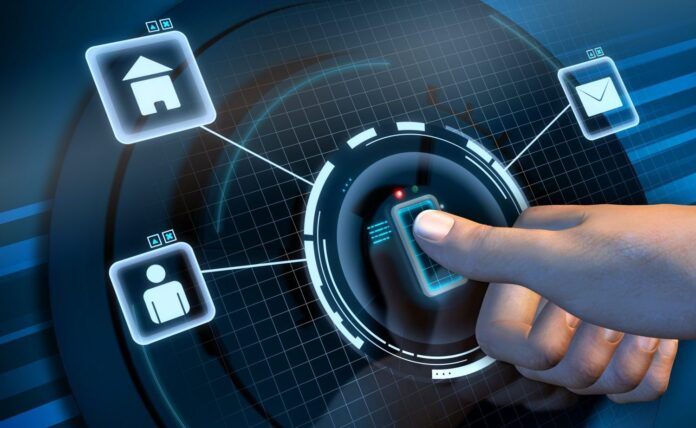In today’s digital age, the need for robust security measures has become more important than ever. Traditional methods of authentication, such as passwords and PINs, are increasingly vulnerable to hacking and fraud. To address this challenge, biometric technology has emerged as a powerful solution, revolutionizing the way we secure our information and verify identities.
Biometrics refers to the measurement and analysis of unique physical and behavioral characteristics of individuals. These characteristics, such as fingerprints, iris patterns, facial features, voice, and even typing patterns, are distinct to each person, making them ideal for identification purposes. Biometric technology leverages these distinctive traits to provide secure access control, authentication, and identity verification in various domains, including banking, healthcare, government services, and more.
One of the key advantages of biometric technology is its ability to provide a high level of security. Unlike passwords or tokens, which can be stolen or forged, biometric traits are inherently linked to an individual and are difficult to replicate or fake. For example, fingerprints have been used for centuries as a reliable means of identification, and modern biometric systems have improved upon this concept by using advanced scanners and algorithms to capture and match fingerprints with exceptional accuracy.
Moreover, biometric authentication offers convenience and ease of use. Remembering complex passwords or carrying multiple access cards can be a cumbersome task. Biometric systems eliminate the need for such measures by allowing individuals to authenticate themselves simply by presenting their unique physical or behavioral attributes. This not only saves time but also reduces the risk of forgotten or stolen credentials.
Biometric technology has also made significant strides in enhancing security in mobile devices. With the widespread use of smartphones and tablets, biometric features like fingerprint sensors and facial recognition have become commonplace. These features provide an additional layer of security, ensuring that only authorized users can access the device and its contents. Furthermore, biometrics enable secure mobile payments, as fingerprints or other biometric factors can be used to authenticate transactions, minimizing the risk of unauthorized use.

Identity verification is another crucial application of biometric technology. Traditional methods of identification, such as ID cards or passports, can be forged or tampered with, leading to identity theft and fraud. Biometrics offer a more reliable and tamper-proof means of establishing someone’s identity. Law enforcement agencies around the world use biometric systems to identify suspects, track criminals, and enhance public safety. Additionally, biometric identity verification is employed in border control and immigration processes, ensuring a higher level of security and preventing illegal entry.
Biometric technology has also found its way into the healthcare industry, where accurate patient identification is critical for providing safe and efficient care. Biometric systems can help eliminate errors and ensure that patients receive the right treatment by accurately matching their biometric data with their medical records. This not only improves patient safety but also streamlines administrative processes, reducing paperwork and improving overall efficiency.
However, like any technology, biometrics also comes with its own set of challenges. Privacy concerns are often raised, as the collection and storage of biometric data require careful handling to prevent misuse. It is essential to have strong safeguards in place to protect this sensitive information and ensure that it is used only for legitimate purposes. Additionally, the potential for false positives or false negatives in biometric matching algorithms remains a concern, emphasizing the need for continuous research and improvement in this field.
In conclusion, biometric technology has emerged as a game-changer in the realm of security and identity verification. Its ability to accurately identify individuals based on their unique physical and behavioral traits has transformed the way we protect our information, secure our devices, and verify identities. With ongoing advancements in biometric technology, we can expect even greater integration and utilization of this technology in various industries, providing enhanced security, convenience, and trust in our digital interactions
.

